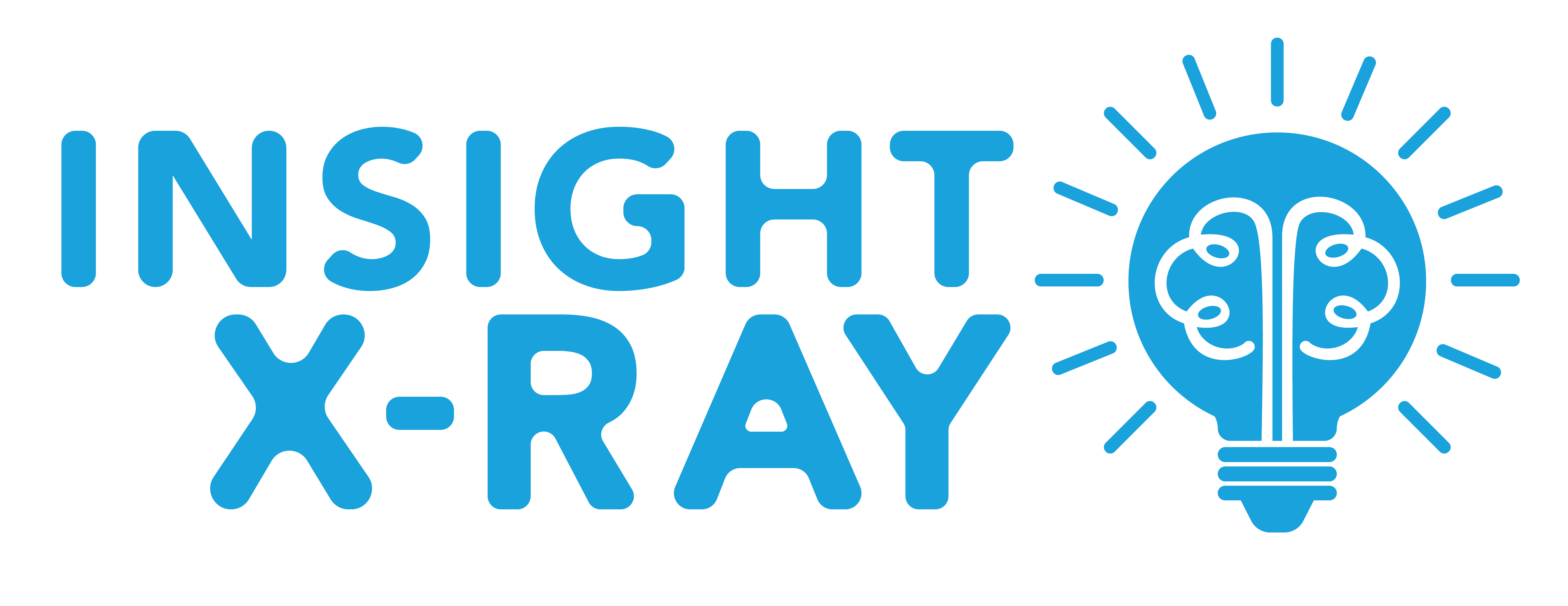Expectancy component: Self-efficacy
Questionnaire Summary
0 of 5 Questions completed
Questions:
Information
You have already completed the questionnaire before. Hence you can not start it again.
Questionnaire is loading…
You must sign in or sign up to start the questionnaire.
You must first complete the following:
Results
Results
0 of 5 Questions answered correctly
Your time:
Time has elapsed
You have reached 0 of 0 point(s), (0)
Earned Point(s): 0 of 0, (0)
0 Essay(s) Pending (Possible Point(s): 0)
Categories
- Not categorized 0%
-
Weak Performance in Self-Efficacy
What it means for you:
Self-efficacy, the belief in one’s ability to succeed in specific situations or accomplish a task, is a cornerstone of effective learning. It acts as the fuel propelling learners forward with confidence, determination, and resilience. Your assessment has indicated weaker self-efficacy, which may impact your learning experience. This report provides personalized insights and actionable recommendations to help you understand and enhance this critical aspect of your learning journey.
Your responses to the Self-Efficacy assessment reveal a need for more confidence in your ability to handle learning tasks effectively. This low level of self-efficacy may manifest in:
1. Reluctance to Engage with Challenging Material: A tendency to avoid tasks perceived as difficult or complex.
2.Limited Persistence in Facing Obstacles: A propensity to give up when encountering challenges or setbacks.
Next steps:
Develop Specific Skills and Strategies: Identify areas where you feel less confident and work on developing those skills. Experiment with different learning strategies to find what works best for you.
Cultivate a Growth Mindset: Embrace the belief that abilities can be developed through dedication and hard work. Recognize that setbacks are a natural part of the learning process, not a reflection of inherent limitations.
Low self-efficacy is not permanent but a challenge that can be overcome with targeted effort and support. By implementing these recommendations, you can build a stronger belief in your ability to succeed in your studies.
-
Intermediate Performance in Self-Efficacy
What it means for you:
Self-efficacy, the belief in one’s ability to succeed in specific situations or accomplish tasks, is vital to the learning process. Your assessment indicates an intermediate level of self-efficacy, reflecting a balanced but somewhat inconsistent belief in your capabilities.
This intermediate level of self-efficacy may manifest in:
Occasional Engagement with Challenging Material: A willingness to take on complex tasks but inconsistency in choosing or persisting with them.
Mixed Persistence in Facing Obstacles: A tendency to persevere through some challenges but give up on others.
Variable Effort Management: An ability to sustain effort and motivation in some areas but potential struggles in others.
Next steps:
Set Specific and Gradually Challenging Goals: Create clear, measurable goals that align with your current abilities and gradually increase in complexity. Regularly review and adjust goals to ensure continued growth and challenge.
Develop and Refine Specific Skills and Strategies: Identify areas for growth and invest
time in developing those skills.Cultivate a Stronger Growth Mindset: Embrace challenges as opportunities for growth and recognize that abilities can be developed.
By implementing these recommendations, you can build on your strengths and take your belief in your ability to succeed to the next level.
-
Strong Performance in Self-Efficacy
What it means for you:
Self-efficacy, the belief in one’s ability to succeed in specific situations or accomplish tasks, is a foundational element in the learning process. Your recent assessment reveals a strong level of self-
efficacy, indicating a robust and consistent belief in your capabilities.Your responses to the Self-Efficacy assessment demonstrate a well-developed belief in your ability to handle learning tasks effectively. This strong level of self-efficacy is evident in:
Confident Engagement with Challenging Material: A consistent willingness to take on and persist with complex tasks, reflecting a belief in your ability to master them.
Resilient Persistence in Facing Obstacles: A robust determination to overcome challenges, viewing setbacks as opportunities for growth.
Independence and Internal Validation: A reliance on internal belief and self-validation, rather than external support, reflecting a strong sense of self-reliance.
Next steps:
Set Advanced and Complex Goals: Embrace long-term and intricate goals that challenge your existing capabilities. Regularly reassess and align your goals with evolving needs and aspirations.
Seek Diverse Feedback and Perspectives: Engage with peers, mentors, and educators to gain insights and feedback. Consider collaborative projects to enhance interpersonal skills and broaden perspectives. Your strong self-efficacy skills are a testament to your confidence, determination, and resilience in your learning journey. The insights and recommendations provided herein are designed to support your continued excellence and foster further growth in this critical aspect of your education.
- 1
- 2
- 3
- 4
- 5
- Current
- Review
- Answered
- Correct
- Incorrect
-
Question 1 of 5
1. Question
I trust myself tohandle learning tasks effectively.
-
Question 2 of 5
2. Question
I have the necessary skills to perform well in school classes.
-
Question 3 of 5
3. Question
I believe in my capacity to overcome challenges and succeed in studying.
-
Question 4 of 5
4. Question
I am confident in my ability to master tasks in school.
-
Question 5 of 5
5. Question
I am sure that I can accomplish learning.
